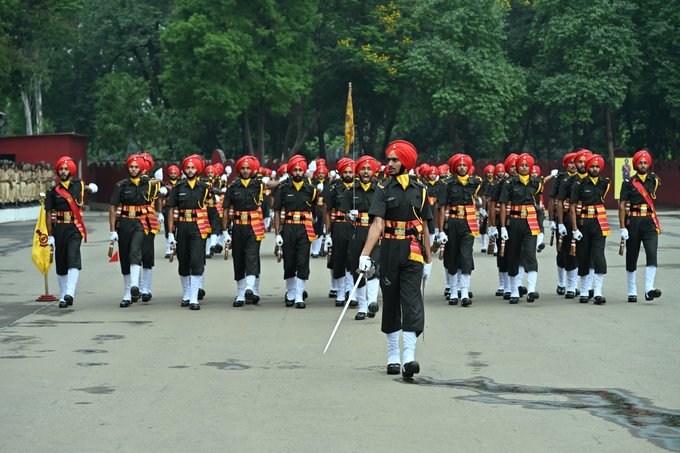While 141 opposition Members of Parliament remained suspended, the Indian Parliament passed the Bharatiya Nyaya (Second) Sanhita (BNS) to replace Indian Penal Code, 1860; the Bharatiya Nagarik Suraksha (Second) Sanhita to replace Code of Criminal Procedure, 1973; and the Bharatiya Sakshya (Second) Bill to replace Evidence Act, 1872. It also passed the Telecommunications Bill to replace the Indian Telegraph Act, 1885, the Wireless Telegraphy Act, 1933, and the Telegraph Wires (Unlawful Possession) Act, 1950. Under BNS, a terrorist act is defined as a separate offense and includes acts which attack India's unity, integrity, sovereignty, security, economic security, or spreads terror among any group. This definition is borrowed from the Unlawful Activities (Prevention) Act (UAPA) and adds ‘production or smuggling or circulation of any counterfeit Indian paper currency, coin or of any other material.’ With the new BNS provision, the government will now have a double-barrelled weapon to prosecute and imprison terrorism under two statutes – a special UAPA law and the other a general BNS law. Given that UAPA has some safeguards and a special court and the BNS does not, this in itself creates an opportunity for corruption in the exercise of this extraordinary police discretion. The Telecommunications Bill allows the Center to take control of any telecommunication services or network, intercept any message, and force a sender or receiver of the message to disclose these messages to the concerned officer. All the Bills have major implications for all activists who raise their voice against India's injustices; Sikhs in Punjab are routinely arrested under UAPA, but convictions are less than 2%. The three Criminal Code Bills got the President’s nod on 25 Dec.


Like what you're reading? Subscribe to our top stories.
Liv Forum provides a digest of analysis on major issues facing Indian (East) Panjab and Sikhs globally.
In accordance with our Privacy Policy, we will never share or sell the information of our subscribers.






